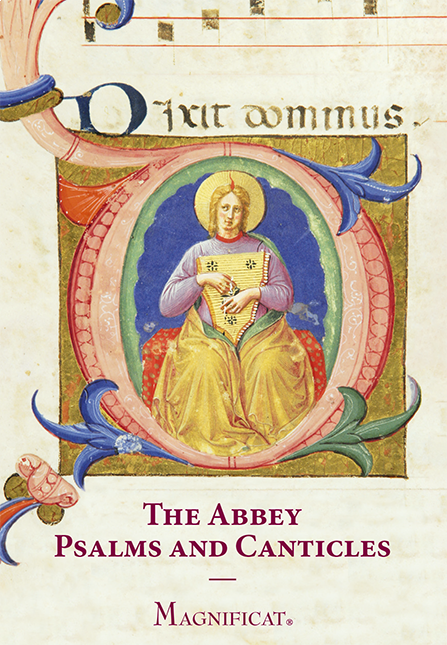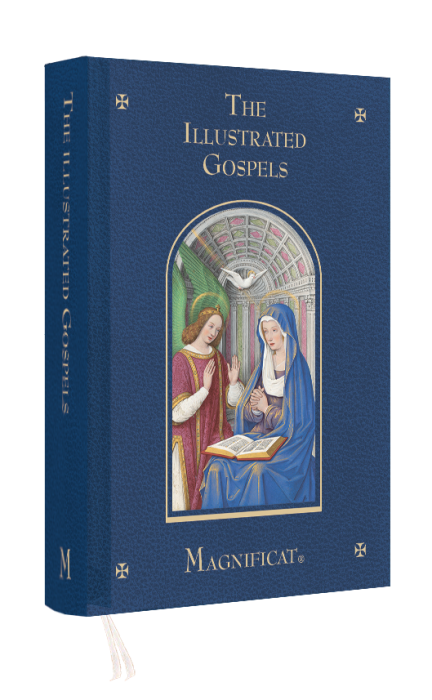This is a true story.
One day a priest was sitting in his office at a college chaplaincy when a woman he didn’t know knocked on the door and entered.
“I’d like to talk to you about becoming Catholic,” she said.
“OK,” said the priest. “Why?”
“I don’t know,” said the woman, “I don’t know… but I can show you! Let me show you in the chapel.”
They walked together over to the chapel, where the woman pointed straight at the tabernacle.
“I want that,” she said.
“Do you know what that is?” asked the priest.
“No!” exclaimed the woman. “I have no idea! But I want it.”
The Eucharist is not a thing. The Eucharist is a person, Our Lord and Savior Jesus Christ, and Jesus Christ is the same, yesterday, today, and forever. You are never going to walk into a church and see a group of people kneeling before and gazing devoutly at a baptismal font. Likewise, no one ever experiences the call to spend an hour simply sitting in the presence of a vessel of sacred chrism. Yet this happens with the Eucharist every day, in thousands of places around the world. This is because the Eucharist—unlike the other sacraments—is not simply a thing. It is a person. This is why, out of all of the sacraments, which are the great treasures of the Church, we call the Eucharist the Blessed Sacrament.
The Eucharist is Jesus. When we encounter Our Lord in the Blessed Sacrament, there is no diminishment in power compared to encountering him two thousand years ago in the Holy Land. Whatever is true of Jesus is true of the Eucharist because, again, the Eucharist is Jesus. The Word became flesh (Jn 1:14). The Eucharist continues the work of the Incarnation. It is not just one more thing among others in the Catholic faith. It is Jesus Christ, and so it brings everything that he gives, but now with a direct focus on the individual recipient. Stay with that thought for a moment: When you receive Holy Communion, you are receiving, concretely, in yourself, the whole power of the Incarnation, the life that Christ came to give to the world.
All the other sacraments find their reason and arrangement in the Blessed Sacrament. Monsignor James O’Connor, a priest who taught on the Eucharist for decades, once wrote: “The Eucharist is the Sacrament of sacraments. If the statement is properly understood, it may be said that there is but one Sacrament, and six derivatives of it.” In this, he is echoing the Church’s great teacher, Saint Thomas Aquinas, who observed that the Eucharist “is the perfection of the other sacraments.… The source of the whole Christian life is Christ, and so in this way the Eucharist perfects the others, by joining us to Christ. Therefore this Sacrament is the perfection of all perfections.”
When we approach this Perfection of all Perfections, then, we should do so with a great confidence in the Eucharist being a personal thing, because it is! Any time we step into the presence of the Eucharist, we are in the real presence of the Person of the Incarnate Word. “O Sacrament most holy,/ O Sacrament divine,/ All praise and all thanksgiving/ Be every moment Thine!”








